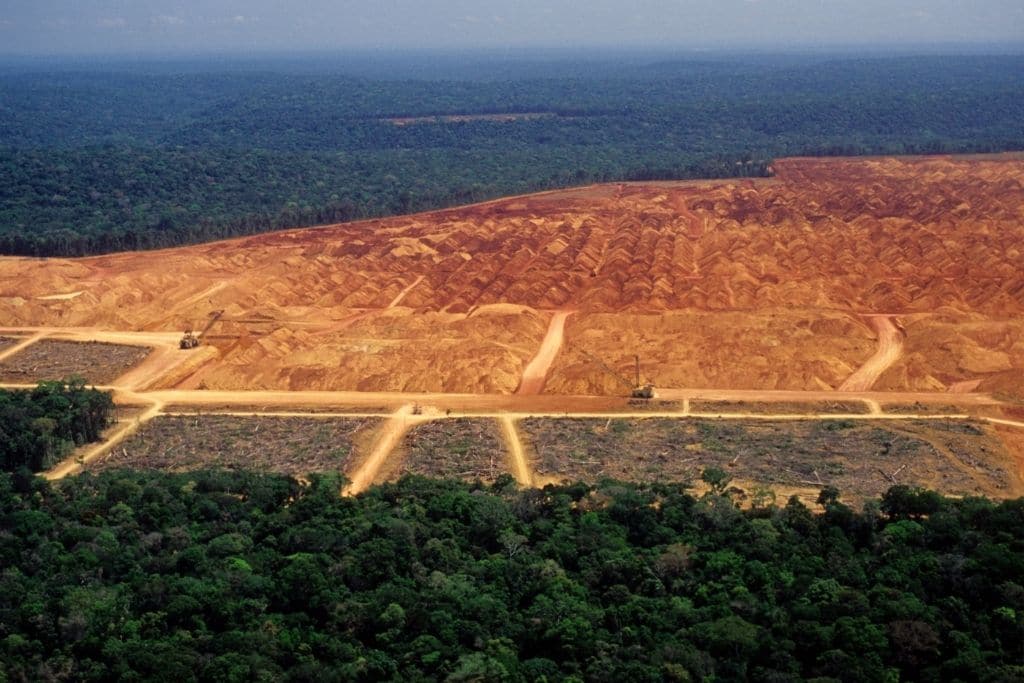New satellite data shows that the world’s largest rainforest is losing its resilience and stability, suggesting the Amazon tipping point could be imminent.
—
The Amazon rainforest is at the precipice of a tipping point where it could lose its ability to recover from destruction caused by droughts, wildfires and deforestation, according to new research.
The data analysis, conducted by researchers from the University of Exeter, the Potsdam Institute for Climate Impact Research (PIK) and Technical University of Munich, examined satellite data on the amount of vegetation in more than 6,000 grid cells across the untouched Amazon from 1991 to 2016.
It revealed alarming trends of declining health of the Amazon, where 75% of the world’s largest and biodiversity rich rainforest have shown signs of a loss of resilience. This means that the forest takes much longer to recover from climate change-induced events and human destruction.
Previous computer models and data analysis in 2020 have indicated that around 40% of the rainforest is experiencing record low rainfall, predicting that it could become a savanna-type ecosystem. This new research suggests the scenario could occur far earlier than previously thought.
“The trees are losing health and could be approaching a tipping point – basically, a mass loss of trees,” said Dr Chris Boulton of the University of Exeter.
Tipping points were first introduced by the The Intergovernmental Panel on Climate Change (IPCC), where self-reinforcing feedbacks, if left unchecked, would prevent stabilisation of the climate and commit the planet to irreversible changes. Crossing the tipping thresholds on a planetary scale could see the complete absence of glaciers and sea level over 100 metres higher than today, which would lead to ecosystem and societal collapse.
Though the latest study does not enable a prediction of when the tipping point could be reached in the Amazon, researchers warned that it would be too late to stop by the time it could be detected.
Once the threshold is reached, it is predicted that a “significant chunk” of the Amazon will be transformed into savannah, a vastly different ecosystem made up of a mixture of grassland and trees, reducing the forest’s ability and role as a carbon sink. During the process, the Amazon, which naturally stores carbon dioxide, will be released into the atmosphere, further contributing to climate change.
The researchers say that around a fifth of the rainforest has already been lost compared to pre-industrial levels, where areas closer to human activities will become more unstable. The loss of resilience in these areas, coupled with more forest destruction, will create a vicious cycle of drier conditions and more tree loss.
Stopping deforestation could help address the problem and start to move the Amazon away from its tipping point. Yet despite more than 100 nations pledging to end and reverse deforestation by 2030, Brazilian President Jair Bolsonaro’s lax regulations has led to deforestation rate in the Amazon rainforest to reach its highest levels in 15 years in 2021.


















